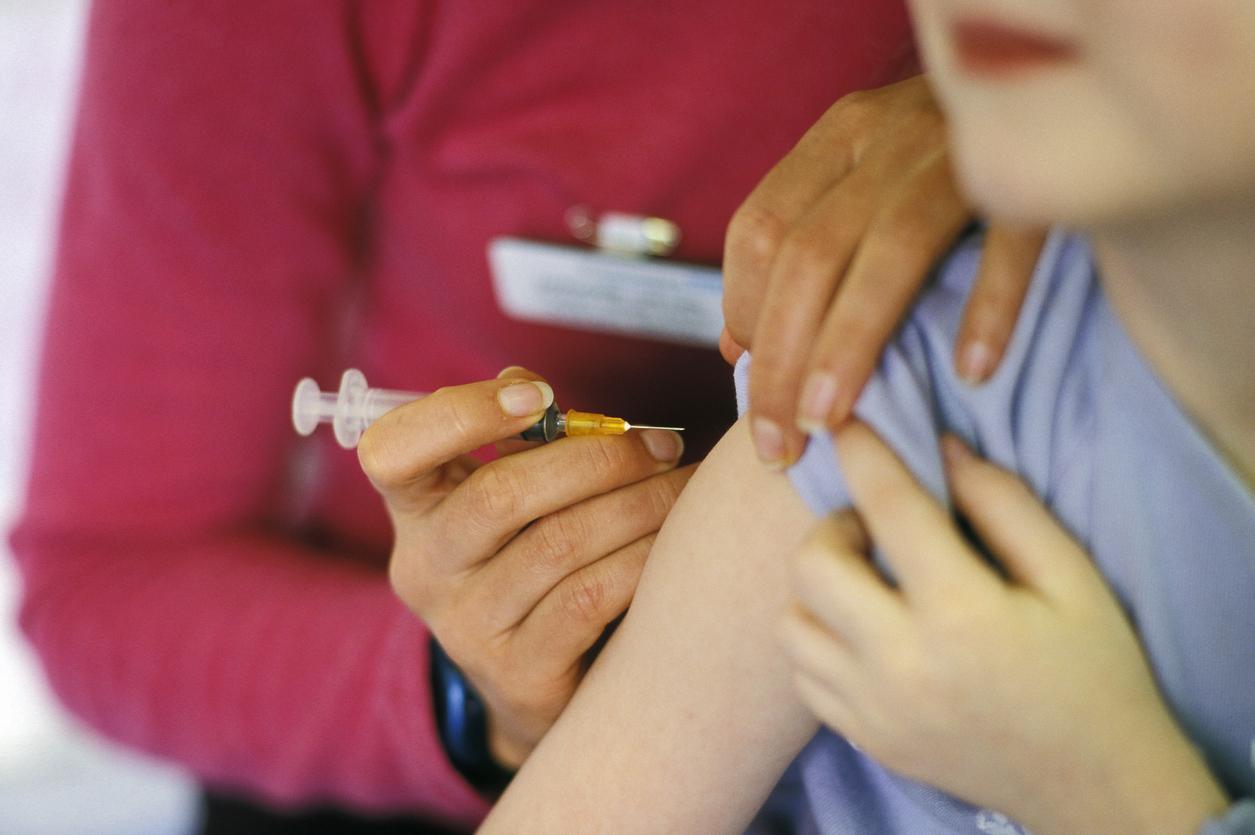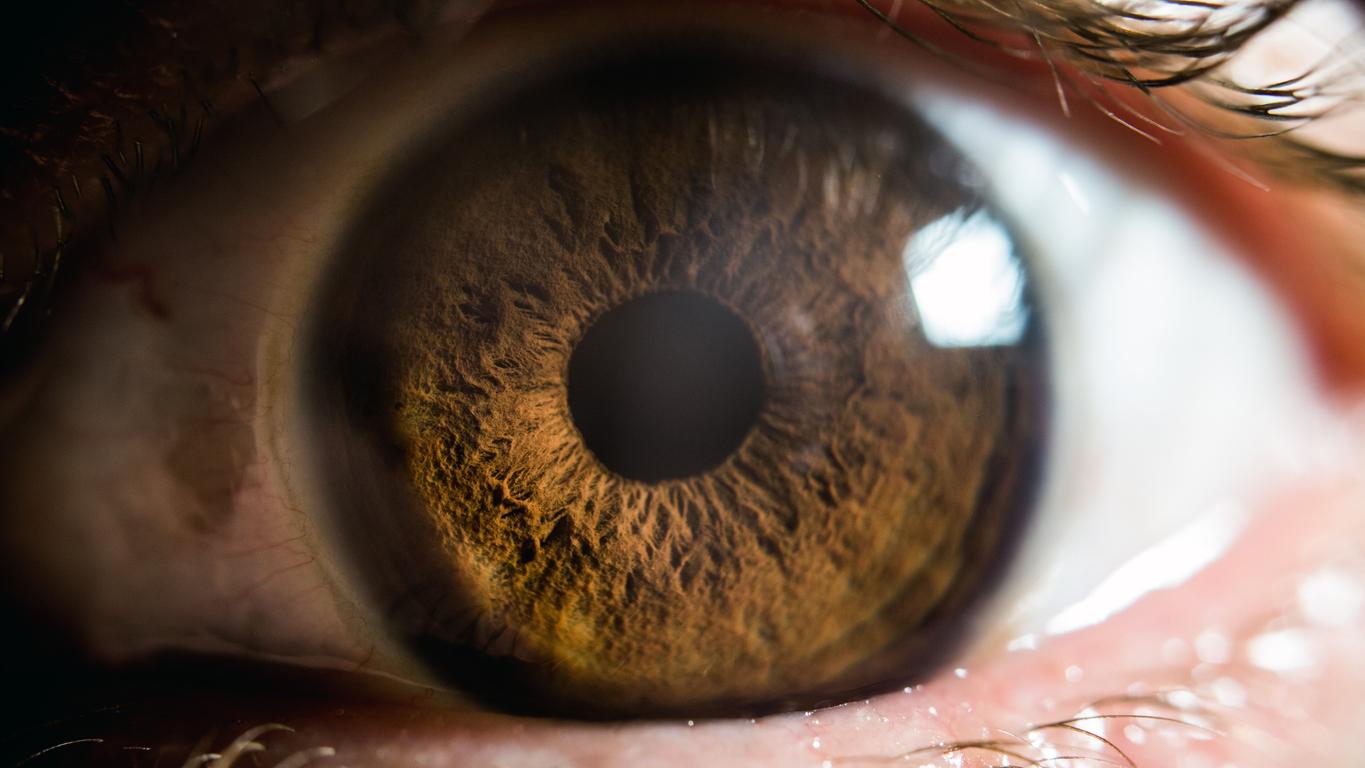Some people are genetically predisposed to developing acute coronary syndrome during times of stress.

- Certain genes may increase the risk of heart attack during stressful events, a new study finds.
- The researchers worked on the “neuroticism polygenic risk score (nPRS),” a well-established measure of a person’s genetic predisposition to stress.
- People with nPRS above the median were 34% more likely to experience acute coronary syndrome during times of stress.
With European elections taking place next Sunday, scientists have discovered that certain genes can increase the risk of heart attack during such an event.
“We found that people who are genetically predisposed to stress have a significantly higher likelihood of developing a heart attack after stressful events.”summarized in a press release Dr. Shady Abohashem, director of the study.
Christmas, sports competitions, elections: events causing a spike in heart attacks
Many doctors have already noticed a spike in heart attacks during significant events for many people, such as Christmas, sports competitions or elections. This study is the first to look for the genetic basis that could explain this trend.
The genetic data of nearly 18,500 people were analyzed for this purpose. Among the parameters collected for each person was a number called “neuroticism polygenic risk score (nPRS)”, a well-established measure of a person’s genetic predisposition to stress.
During the 20-year study (from 2000 to 2020), 1,890 participants suffered from acute coronary syndrome (ACS), which includes heart attacks and other conditions that suddenly interrupt the blood supply to part of the heart muscle.
People with nPRS above the median were 34% more likely to experience ACS during times of stress, even when other factors such as smoking, alcohol consumption and diabetes were taken into account.
People with high nPRS were also more prone to anxiety and depression, which also increased their risk of ACS. Individuals with these psychological symptoms were 3.2 times more likely to have a heart problem during a stressful period.
The periods of “high stress” The periods considered in this American study are those immediately following presidential elections, sporting events involving local teams (notably the Super Bowl and the NBA playoffs), and the ten days following Christmas. These periods were compared to other days of the year as a control.
“Certain genetic factors are behind the increase in the number of heart attacks”
“We now know that there are genetic factors that cause the increased number of heart attacks in those most at risk.”said Shady Abohashem.
The researcher now hopes that interventions will soon be put in place to mitigate this risk: “We could potentially target these people with screenings and interventions that are associated with reductions in anxiety and depression as well as reduced cardiovascular risk. Examples include exercise, yoga and mindfulness,” he concluded.
The study was presented at the American College of Cardiology Annual Scientific Session.


















